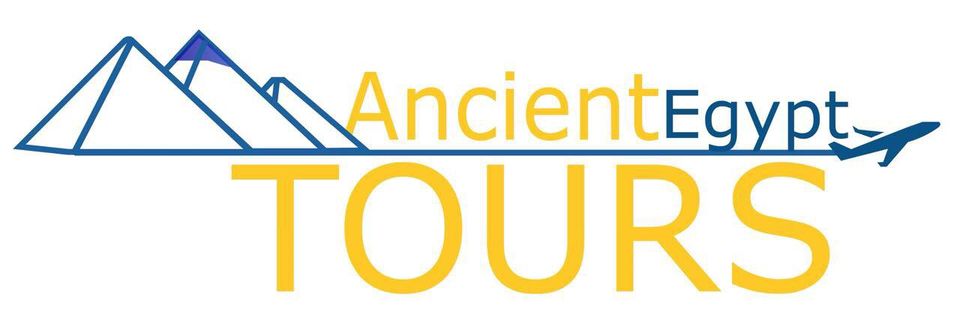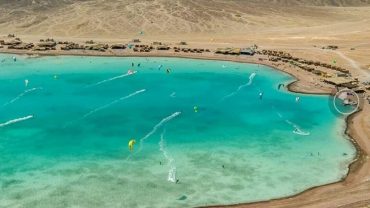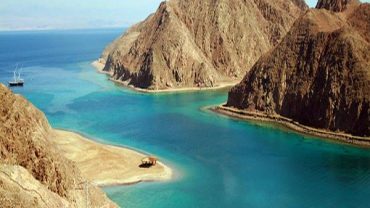About
Khedive Ismail was a prominent figure in the history of Egypt, serving as the country’s ruler from 1863 to 1879. He was famous for his ambitious building projects, including the construction of the Suez Canal, which he initiated in 1859. He also oversaw the development of Cairo and the expansion of the city’s infrastructure.
One of Khedive Ismail’s most significant achievements was the construction of the Egyptian State Railways, which revolutionized transportation in the country. He also established the country’s first telegraph network and built the first Egyptian university.
In addition to his contributions to transportation and education, Khedive Ismail was also famous for his love of the arts. He commissioned many architectural projects, including the famous Mosque of Muhammad Ali in Cairo, and supported the development of Egyptian music and theater.
Khedive’s Somali Coast
The jurisdiction of Isma’il Pasha from the 1870s until 1884 included the entire northern coast of Somalia, up to the eastern coast at Ras Hafun in contemporary Puntland. The Khedive’s northern Somali Coast territory was reached as far inland as Harar. Although it was subsequently ceded to Britain in 1884 due to internal difficulties of Egypt.
Summary
However, Khedive Ismail’s reign was not without controversy. He was famous for his extravagant spending habits and his tendency to prioritize his own personal interests over those of the Egyptian people. He also faced criticism for his treatment of the Egyptian people. Who were subjected to high taxes and other forms of economic exploitation during his rule.
Despite these criticisms, Khedive Ismail remains a significant figure in the history of Egypt. His contributions to transportation, education, and the arts have had a lasting impact on the country.





Comment (0)